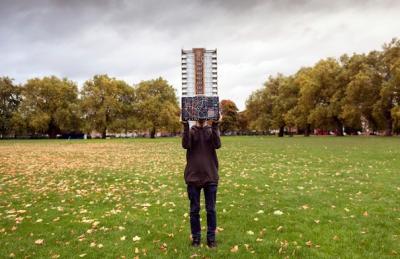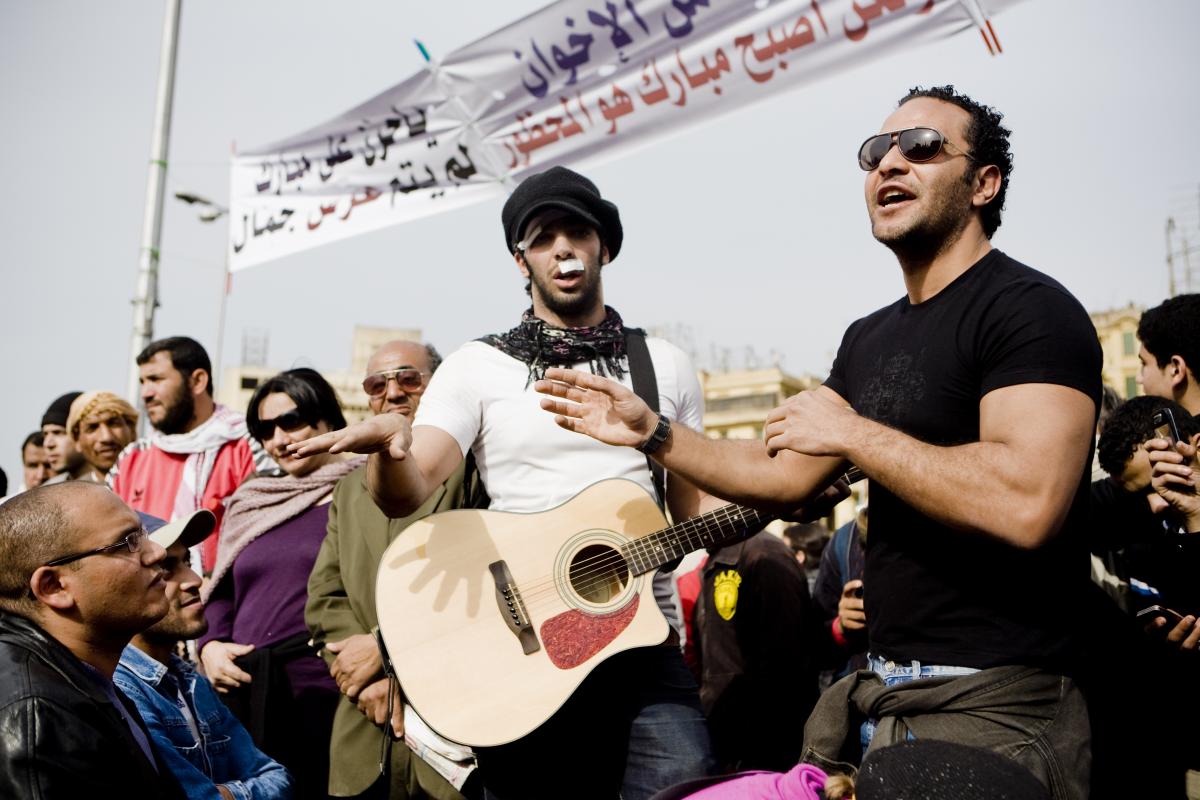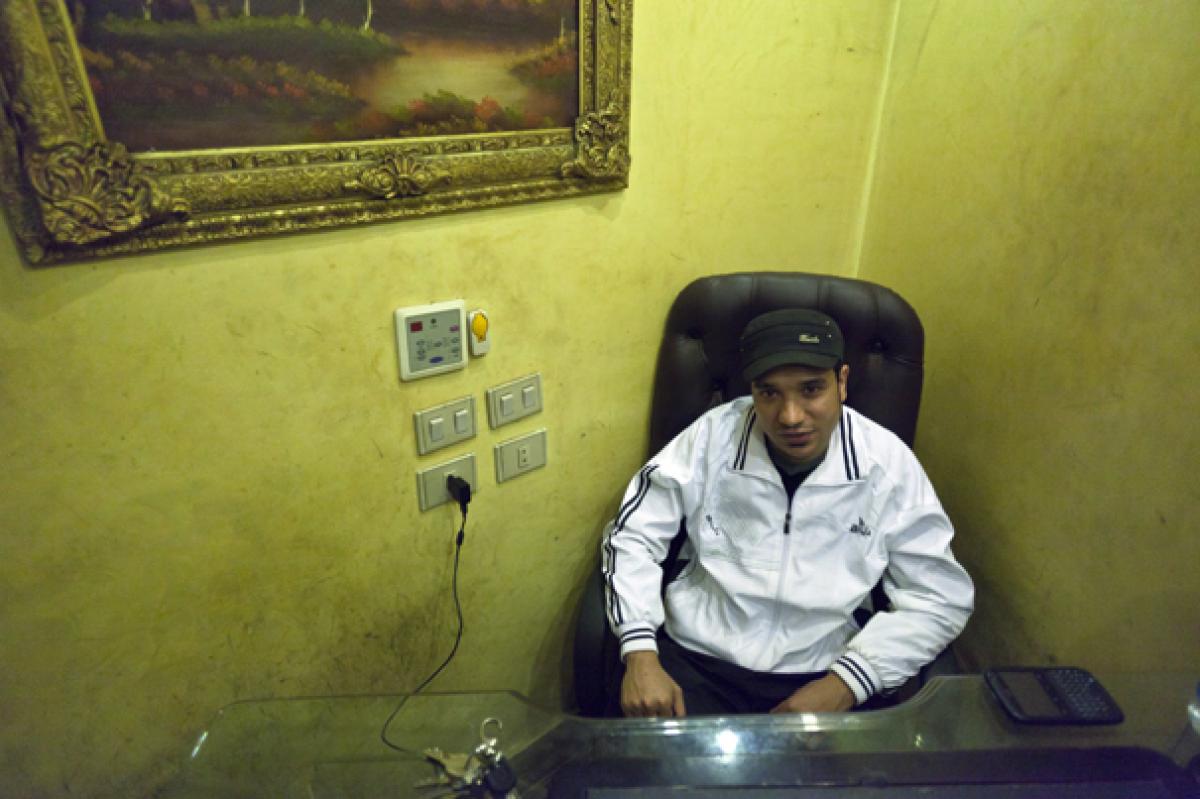
The Yamaha PSR OR-700 à la Islam Chipsy
A short story of a keyboard virtuoso from Cairo: Islam Chipsy just released his first vinyl and is working on his first studio album. Plus there are other great tracks, performed on synthesizers and keyboards in Cairo, Beirut and elsewhere.
The Arab World is packed with new and upcoming music styles – check out the Norient «Arab World Dossier». A new and great keyboard sensation comes from Cairo: Islam Chipsy. He uses (and missuses) the Yamaha PSR OR-700 keyboard. – Enjoy how the instrument is marketed to Türkiye and the Arab World with its pre-set «Oriental styles» and «oriental scales» by the Yamaha company. And compare how Islam Chipsy plays the instrument.
Islam Chipsy just released his first international vinyl with the Egyptian underground label Nashazphone: «Islam Chipsy 'Live at the Cairo High Cinema Institute'». And the first studio release of Islam Chipsy was recently recorded at the 100Copies studio – I can’t wait! Plus: Nashazphone recently released an EP with Mahragan artist DJ Sardena – read about the new Mahragan/Electro-Sha’abi trend on Norient).
Interview at Night Club Markez in Cairo
On March 10, 2013 I visited Islam Chipsy at the nightclub Markez. Here he earns his money night after night – and here he learned his skills by playing long hours.
Its 6.15, we are late. Hussein El Sherbini from the Wetrobots and photographer Nadia Mounier joined me – it is not safe to come here also, Hussein kept telling me. The cabaret like club is still half empty. The belly dancers do not dance for their customers and drink champagne yet. Some sit tired on one of the many sofas and drink coffee. Others run around, talking on their mobile phones. Islam Chipsy arrives at 6.40 – a very calm and nice person. For our interview we go backstage – twenty minutes before he starts his night shift. It is quite chaotic: people come in and out, dancers put make up, the manager comes to see what we are doing here, plus the phone of Islam Chipsy keeps ringing constantly.
[Thomas Burkhalter]: How did you develop your special technique on the keyboard?
[Islam Chipsy]: I play the keyboard for fifteen years now. With this technique I started eight years ago at a party of a very good friend. I started hitting the notes as fast as possible, and people just loved it. Since then they keep asking me to play like this. I try to become better every day, and every month I try to introduce a new technique.
[TB]: Through videos on YouTube and through a documentary on ArteTracks you receive more and more attention internationally. How do you feel about it.
[IC]: Yes, there are two documentary films that are being shot at the moment. And I received invitations to perform in Japan and the US. They even wanted to give me a working contract in Japan and invited my wife and me to live there. But I don’t have a passport, that is my biggest problem. I cannot leave the country and travel.
[TB]: Could you imagine living outside of Egypt?
[IC]: I follow my passion for music. I would go everywhere where I can play music. Music is my language. It comes from my heart. For the moment I’m happy that at least my music travels around the world.
[TB]: How do you earn your living in Egypt today?
[IC]: I play a lot of different music and work on different careers. I’m invited to many weddings where they want me to show my special technique. I play with famous Egyptian singers. I have my own studio where I produce and compose music for others. And I play here at the Markez. It is very important. Thanks to Markez I have a stable income.
[TB]: What is the repertoire?
[IC]: I play loads of styles, high quality Arabic music, and a lot of Chaabi music. I play also some of the new, electronic Chaabi tracks, Mahragan, but I’m not a big fan of it.
[TB]: What is your biggest dream
[IC]: To have my own office, to have a passport, to travel abroad, and to develop my music.
We have to stop. Islam Chipsy has to go on stage. He is going to play his piano for six hours at least. First however, I shoot this photo
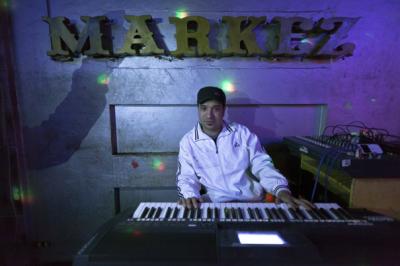
The Different «Lives» of Islam Chipsy
Other Keyboard Sounds from the Arab World
Other artists and musicians in the Arab World too mix and manipulate popular media sounds and images from their daily life, using conventional synthesizers and sequencer-software. They do so from different backgrounds: The Lebanese-Swiss duo Praed is part of a transnational scene of free improvised and experimental music. They lure curious listeners into a mazy media-carousel (see article and interview here). «8 Giga» is their homage to the popular TV-series «El Lembi 8 Giga». Using an endless loop played on a Micro-Korg synthesizer, the popular maqsum rhythm and ecstatic multiphonics clarinet playing, the two musicians – Raed Yassin and Paed Conca - mix references from many backgrounds.
Raed Yassin is one important man behind the success of Syrian new-wave-dabké star Omar Souleyman, a local wedding singer that was signed to the US indie label Sublime Frequencies and later appeared on recordings with pop star Björk (see article on Norient). Rizan Sa’id plays fast melodies on a Korg PA-80 keyboard, and Souleyman sings about love and longing. The video to his new album «Wenu Wenu» (Ribbon Music) makes me wonder if he now already has become just yet another world music flavor: he appears surrounded by folkloristic dabké dancers in costumes, filmed in various locations around the world (in the US mostly) On the Syrian civil war he says to NPR: «I don't involve myself in the politics of the country, but I certainly hope that one day, we will sing and dance again as we have always done.» (See informative background articles on spin.com and NPR).
Biography
Published on January 28, 2014
Last updated on June 27, 2023
Topics
From breakdance in Baghdad, the rebel dance pantsula in South Africa to the role of intoxications in club music: Dance can be a form a self-expression or self-loosing.
Place remains important. Either for traditional minorities such as the Chinese Lisu or hyper-connected techno producers.
How artists deal with the practice that some call «time-travel» and others «audiotopia».
From westernized hip hop in Bhutan to the instrumentalization of «lusofonia» by Portuguese cultural politics.
Snap
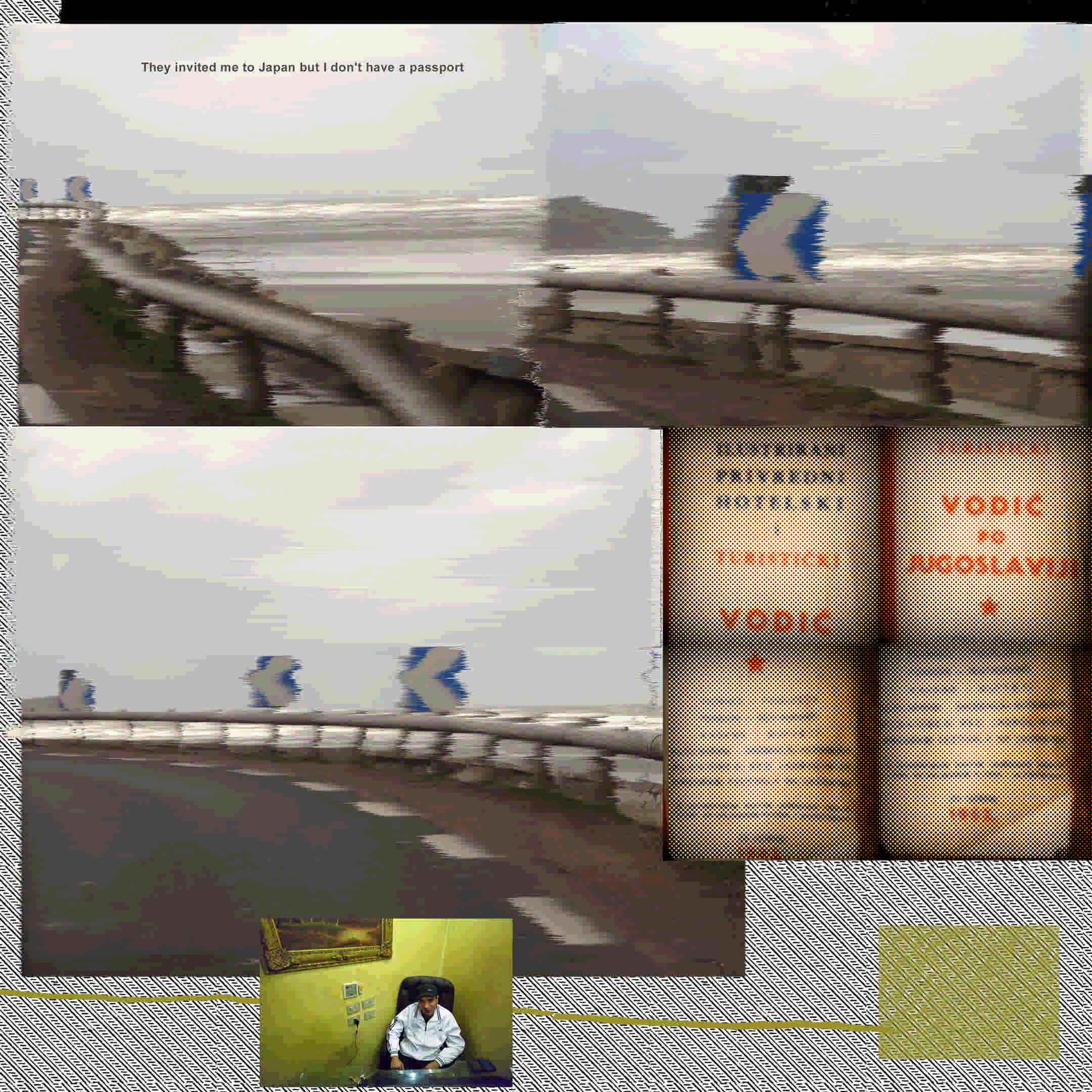
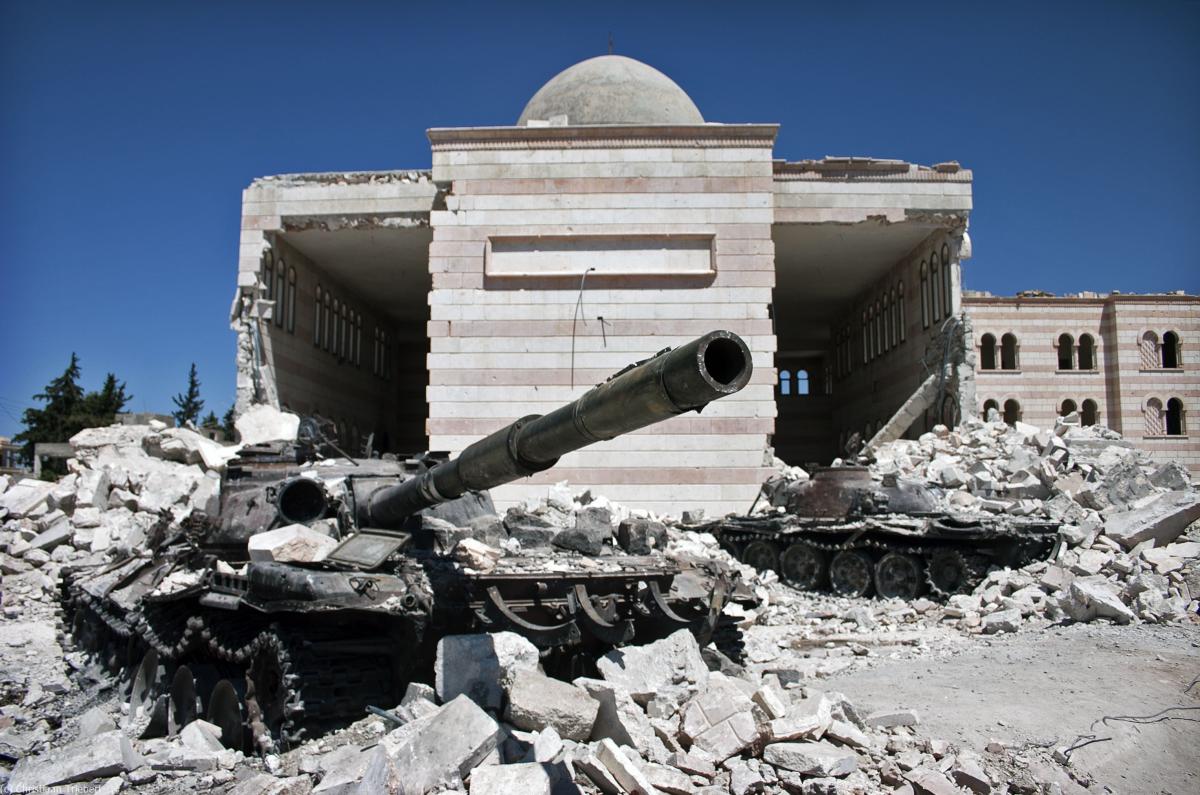
![Daniel Kordík - [Sy][ria]](/sites/norient.com/files/styles/scale_400/public/2019-06/syria.jpg?itok=eGLOOnGt)
